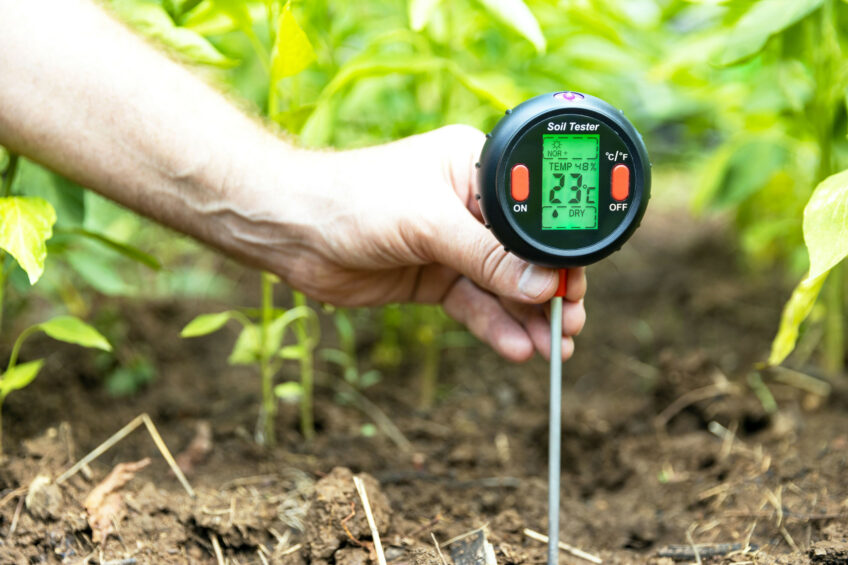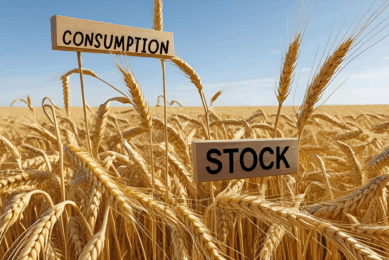EU revises downward yield forecast most crops

The yield forecasts for almost all crops have been revised downward at EU-level, but remain close to the 5-year average. Excessive rain in several important grain producing regions negatively affected crops and the ability of farmers to enter their fields. The yield forecast for soft wheat was revised most substantially downward for Italy, Romania and the Netherlands.
That’s according to the June edition of the JRC MARS Bulletin, The objective of that publication of the European Commission is to provide timely, independent, and high-quality information on crop growing conditions and quantitative crop yield forecasts in the EU, to support informed (CAP) policy interventions and to contribute to the transparency of market information.
Water excess
Water excess continued in the Benelux, western Germany, north-eastern France and northern Italy, negatively affecting crop growth and field operations, the bulletin says. Summer crops sowing is still ongoing in several of these regions; with an overall delay of up to 2 months.

Pests & diseases
Pest and disease pressure remains also high in these regions, due to the combination of warm temperatures during most of spring, high humidity, and the difficult conditions for spraying and other field operations.
Soil moisture levels
In eastern Germany, south-western Poland and north-eastern Poland soil moisture levels are depleting, so far without negative impacts on crops. This is not the case in parts of Hungary, Romania, Ukraine and Russia, where a lasting water deficit negatively affected the yield expectations for winter crops. Negative impacts that occurred before the analysis period (e.g. in the Maghreb region, southern Italy, Greece, Cyprus and western Türkiye) are not repeated on the map. In Spain, where overall yield expectations are positive, heatwaves in June worsened the condition of winter crops in some parts in the east that had already been affected by water stress.











